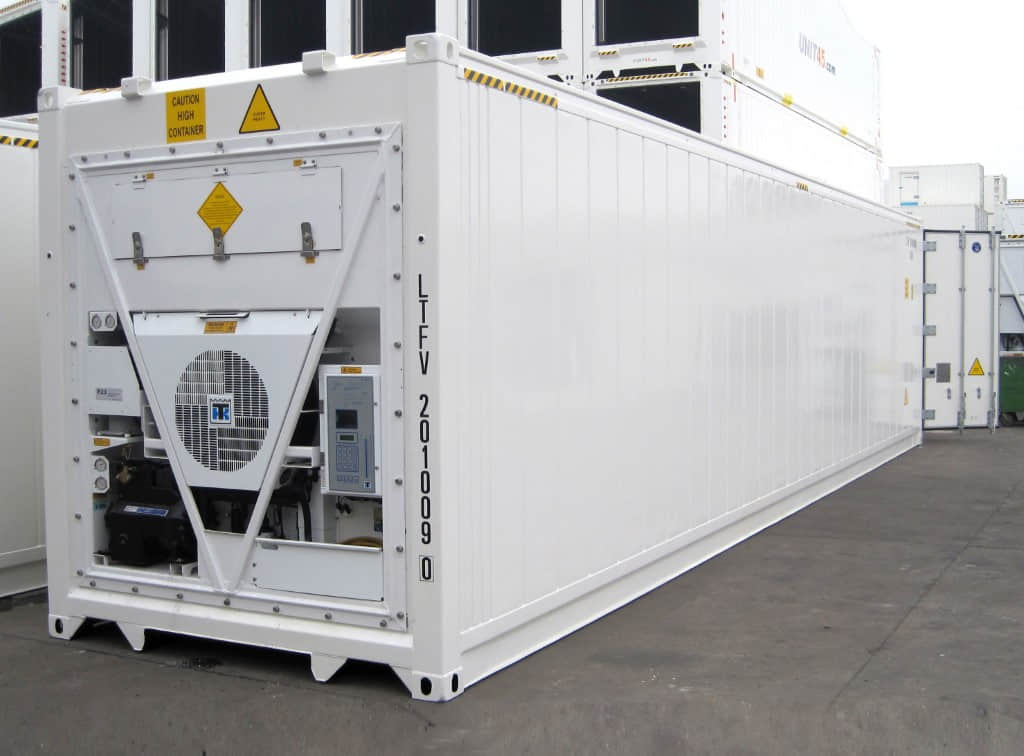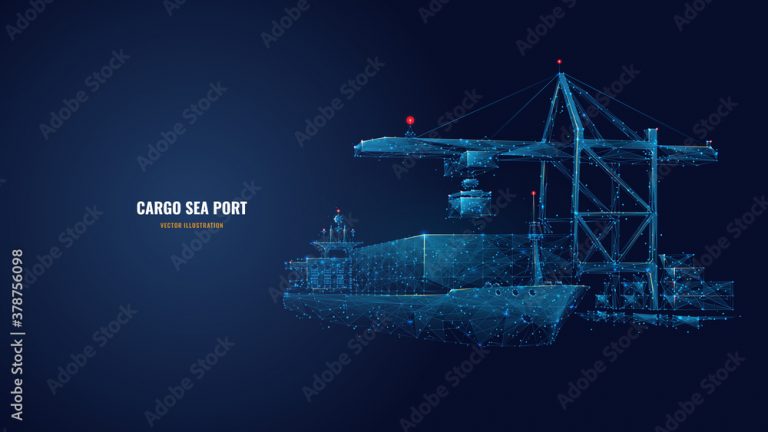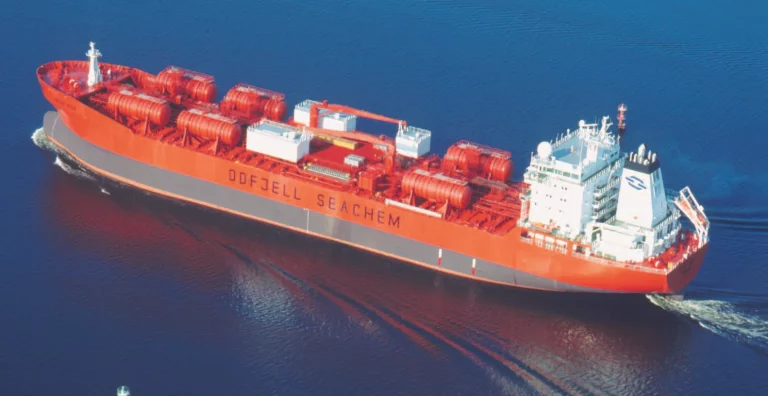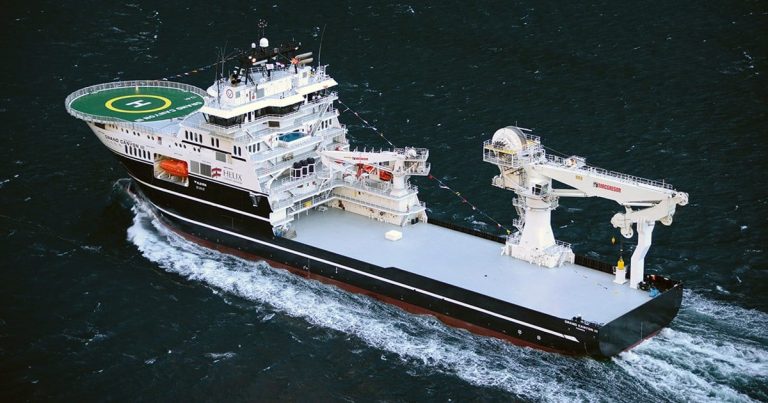
Refrigerated Containers Keeping the Cool Chain IntactRefrigerated Containers Keeping the Cool Chain Intact
Refrigerated containers, often referred to as reefers, are specialized shipping containers designed to maintain specific temperature and humidity conditions. These containers play a crucial role in the global supply chain, ensuring the safe and efficient transportation of perishable goods.
Key Features of Refrigerated Containers
- Temperature Control: Equipped with advanced refrigeration systems to maintain precise temperature levels.
- Humidity Control: Can regulate humidity levels to prevent spoilage and dehydration.
- Ventilation: Controlled airflow to ensure proper circulation of air and prevent condensation.
- Monitoring Systems: Real-time monitoring of temperature, humidity, and other parameters.
- Alarm Systems: Alerts for any deviations from the set parameters.
Applications of Refrigerated Containers
- Food and Beverage: Transporting fresh produce, meat, seafood, dairy products, and frozen foods.
- Pharmaceuticals: Shipping temperature-sensitive medications and vaccines.
- Chemicals: Transporting chemicals that require specific temperature control.
Benefits of Refrigerated Containers
- Preservation of Quality: Maintains the quality and freshness of perishable goods.
- Reduced Spoilage: Minimizes product loss due to spoilage and decay.
- Extended Shelf Life: Prolongs the shelf life of products, allowing for longer transportation times.
- Global Trade: Enables the transportation of perishable goods across long distances.
- Economic Benefits: Contributes to the global economy by facilitating the trade of perishable goods.
Challenges in Refrigerated Container Shipping
- Energy Consumption: Maintaining precise temperature and humidity levels requires significant energy consumption.
- Equipment Failure: Malfunction of refrigeration units can lead to product spoilage.
- Temperature Fluctuations: Fluctuations in ambient temperature during transportation can impact the quality of the cargo.
- Supply Chain Disruptions: Delays in transportation or port congestion can affect the temperature control and quality of the cargo.
The Future of Refrigerated Container Shipping
As the global demand for fresh and perishable goods continues to grow, the importance of refrigerated container shipping will increase. Technological advancements, such as the development of more energy-efficient refrigeration systems and advanced monitoring technologies, will help to improve the efficiency and sustainability of this vital mode of transportation.
Would you like to learn more about the specific technologies used in refrigerated containers or the challenges faced by the shipping industry in transporting perishable goods?



